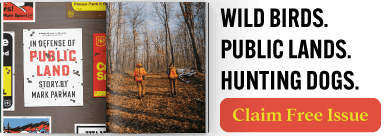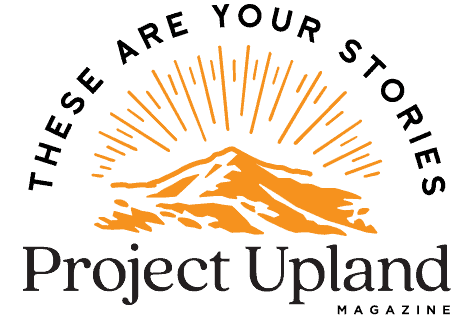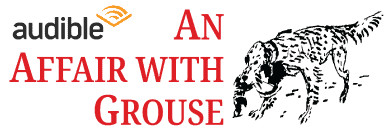Home » Hunting Dogs » The North American Versatile Hunting Dog Association – A Look at NAVHDA
The North American Versatile Hunting Dog Association – A Look at NAVHDA
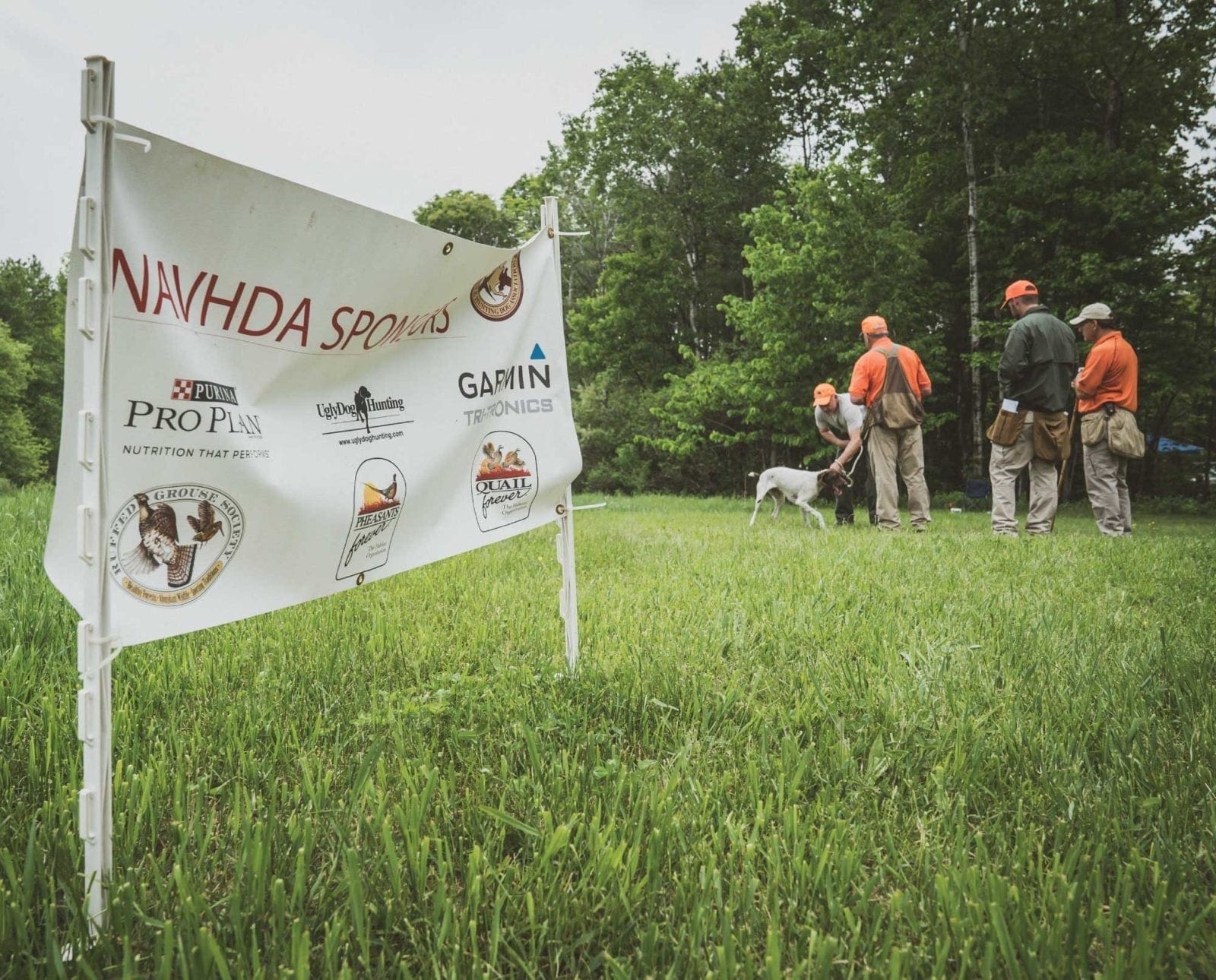
Jennifer Wapenski is the Director of Operations and Managing Partner…
NAVHDA explained as an organization, testing platform, and community
What do you see when you look into the eyes of a hunting puppy? Aside from the looming weeks of house training, teething, laundry, midnight trips to the yard, chewed shoes, and coming to terms with your own temper . . . there’s also raw potential. There is hope for a decade or more of hunting trips, brag-worthy bird finds, staunch points, and epic retrieves that you’ll remember for a lifetime. The trick is how to harness all of that potential and turn it into the hunting partner of your dreams.
Our first puppy was born with the disadvantage of going to first time bird dog owners. Wide-eyed and eager, we looked at this little bundle of chaos and wondered, “Now what?!” It was hard to shake the nagging fear that we might somehow mess up her natural talent and prevent her from reaching her full potential.
Read: Where to Start in Training with a Bird Dog Puppy
Being a serial planner, I had already reached out to our local North American Versatile Hunting Dog Association (NAVHDA) chapter to inquire about the club and what opportunities it might offer to rookie handlers. That small act set into motion a series of events that, over the next couple of years, would completely change our social circles, our community, and our weekends . . . and I wouldn’t have it any other way.
What is NAVHDA?
NAVHDA is, at its core, a testing organization for versatile hunting dogs. These are defined as dogs that are “bred and trained to dependably hunt and point game, to retrieve on both land and water, and to track wounded game on both land and water.” (NAVHDA Aims, 2018)
Along the way, NAVHDA expanded to become a registry for versatile hunting dogs, providing a means of tracing performance abilities throughout a dog’s pedigree. The intent of the registry is to promote the responsible breeding of skilled hunting dogs and to increase the overall quality of the versatile breeds.
At the ground level, though, NAVHDA is a collection of local chapters populated by quality dog people. Most are upland bird and duck hunters who simply want to have the best possible hunting dog to accompany them next fall. Chapters typically sponsor training days, social events, clinics and of course, tests. As well as the NAVHDA Youth Program.
The history of NAVHDA
From its earliest beginnings, the primary focus of NAVHDA was the improvement of bird dog breeds through performance testing. The organization was founded in Canada in 1969 by Sigbot “Bodo” Winterhelt and Ed Bailey, two bird dog enthusiasts who saw the need for a standardized means by which to evaluate the skills of versatile hunting dogs. As a German immigrant, Winterhelt had grown up with the German testing system which was cooperative and non-competitive, unlike the trials and competitions common in North America. He sought to import the concept of multiple judges evaluating a dog in realistic hunting scenarios according to performance standards.
In addition to testing, Winterhelt was a strong proponent of teaching owners how to train their own dogs as hunting companions. In 1974, Winterhelt and Bailey published The Training and Care of the Versatile Hunting Dog, affectionately referred to as “The Green Book” and widely considered to be an authoritative source of versatile dog training. The do-it-yourself approach to dog training remains prevalent among today’s NAVHDA members.
NAVHDA testing
NAVHDA offers a series of tests of increasing difficulty designed to test for a puppy’s natural abilities, a young dog’s increasing trainability, and a finished dog’s aptitude for advanced subjects. These are known as the Natural Ability, the Utility Preparatory Test, the Utility Test, and the Invitational. Each of these tests are designed to evaluate the dog’s natural and trained hunting skills with a particular focus on nose work and overall cooperation with the handler. Each test scenario replicates an actual hunting situation that you could expect to encounter with your hunting dog which, as a hunter, I find especially appealing. After all, most of us are training because we simply want a reliable hunting companion.
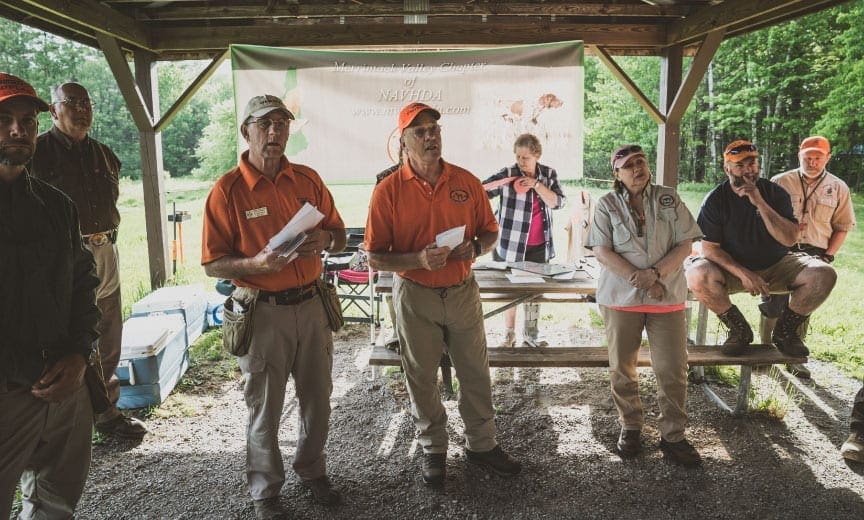
Somewhere in our puppy’s first full training season, I was beginning to doubt the relevance of repeated training for the duck search, where a dog is expected to independently search a pond, track duck scent on the water, and eventually produce the live duck. Ducks are notoriously awful to keep in captivity and I was weary of hauling them to and from our training pond.
A few months later, I found myself hunting the cover around a pond when a pair of mallards suddenly flushed from the reeds. I only winged the drake, which splashed into the water and swam for cover. Fresh from a summer of searching for ducks in exactly this scenario, my young dog proceeded to execute a flawless “duck search” and eventually located and retrieved the wounded duck. I was immediately grateful for all that time at the training pond.
The breeds recognized by NAVHDA
There are 30 breeds of versatile hunting dogs represented in NAVHDA. All breeds are known and tested for both upland and waterfowl hunting abilities. The current breed list is as follows in alphabetical order:
- Blue Picardy Spaniel
- Bracco Italiano
- Braque d’Auvergne
- Braque du Bourbonnais
- Braque Francais
- Brittany
- Cesky Fousek
- Drentsche Patrijshond
- English Setter
- French Spaniel
- German Longhair Pointer
- German Shorthaired Pointer
- German Wirehaired Pointer
- Gordon Setter
- Irish Red & White Setter
- Irish Setter
- Large Munsterlander
- Perdiguero de Burgos
- Picardy Spaniel
- Pointer
- Portuguese Pointer
- Pudelpointer
- Slovakian Wirehaired Pointer
- Small Munsterlander
- Spinone
- Stichelhaar
- Vizsla
- Weimaraner
- Wirehaired Pointing Griffon
- Wirehaired Vizsla
To learn more about the individual breeds check out: A Comprehensive Guide to Choosing a Bird Dog – The Pointing Breeds
Is NAVHDA right for me?
The decision of whether to get involved in a dog club is a personal one. Free time is precious, so we have to choose carefully between competing hobbies and activities. But if you have a versatile dog and are hoping to get the very best out of her next hunting season, your local chapter is likely a very good resource worth checking out.
My own reasons for “Why NAVHDA?” come down to a few highlights:
- Community. NAVHDA is a grass-roots organization with a do-it-yourself mentality. New folks learn from the more experienced members, but nobody claims to be an expert. What stands out is that everyone is friendly, welcoming, and eager to help.
- Availability. As an owner of a rare dog breed in the German versatile dog system, I don’t have any breed-specific options near me. It’s great to get together with other Deutsch Langhaars once a year, but that requires extensive travel. NAVHDA has chapters all over the country and I’m fortunate to live within 20 minutes of where our chapter meets to train.
- Training opportunities. It takes a village to make a good bird dog. By joining up with others, you can cut down on the amount of training equipment and birds that you need to procure. Everyone contributes something, whether it’s connections for getting birds, a set of launchers, or an extra set of hands to set up and run drills.
- Testing, not competing. A NAVHDA test provides an opportunity to evaluate your dog against a standard set of criteria and receive a score that reflects your dog’s performance that day. Without competition between handlers and dogs, there’s a great sense of camaraderie and cheering each other on. It still satisfies my competitive streak, but that’s aimed at a standard of perfection and not at my training partners.
Regardless of whether it’s the right fit for you, there’s no denying the sweeping improvements that performance testing has had in the overall quality of our versatile hunting dog breeds. Breeders are able to make informed decisions about selecting breeding stock, while puppy tests provide valuable feedback on the quality of a given breeding. These efforts ensure that natural hunting skills continue to be passed along to the next generation, providing those puppies with raw potential ready to be shaped into someone’s dog of a lifetime.
References
Jennifer Wapenski is the Director of Operations and Managing Partner at Project Upland Media Group. She has a lifelong passion for the outdoors, dogs, and wildlife; as an adult, she discovered that upland bird and waterfowl hunting were natural extensions of these interests. What started as initial curiosity soon escalated into a life-changing pursuit of conservation, advocacy, and education. Jennifer serves in a variety of roles such as the Breed Warden for the Deutsch Langhaar—Gruppe Nordamerika breed club and on an advisory committee for the Washington Department of Fish and Wildlife.

